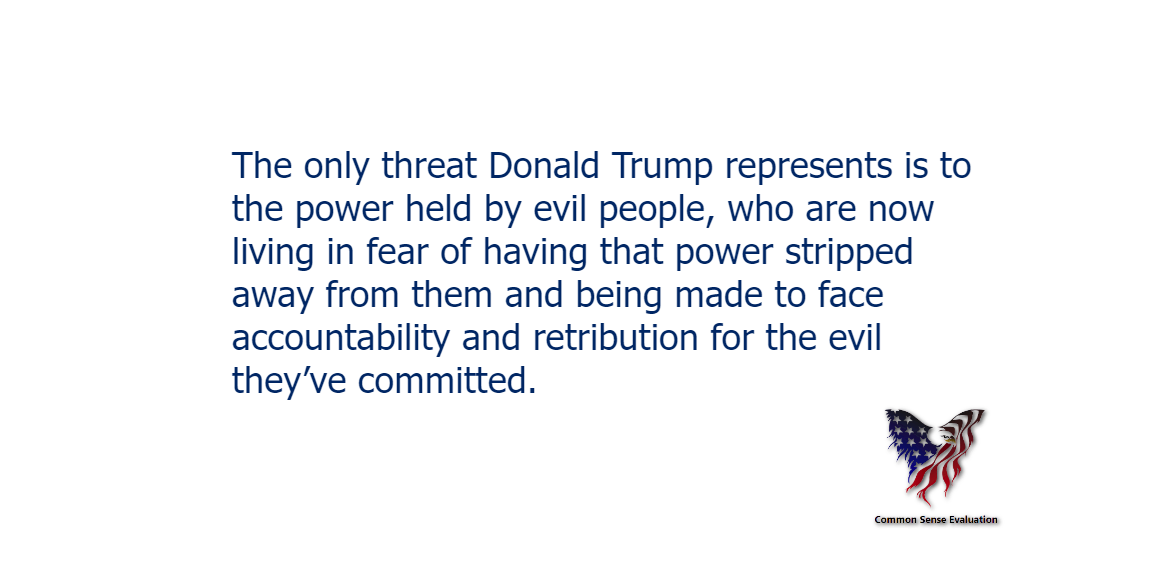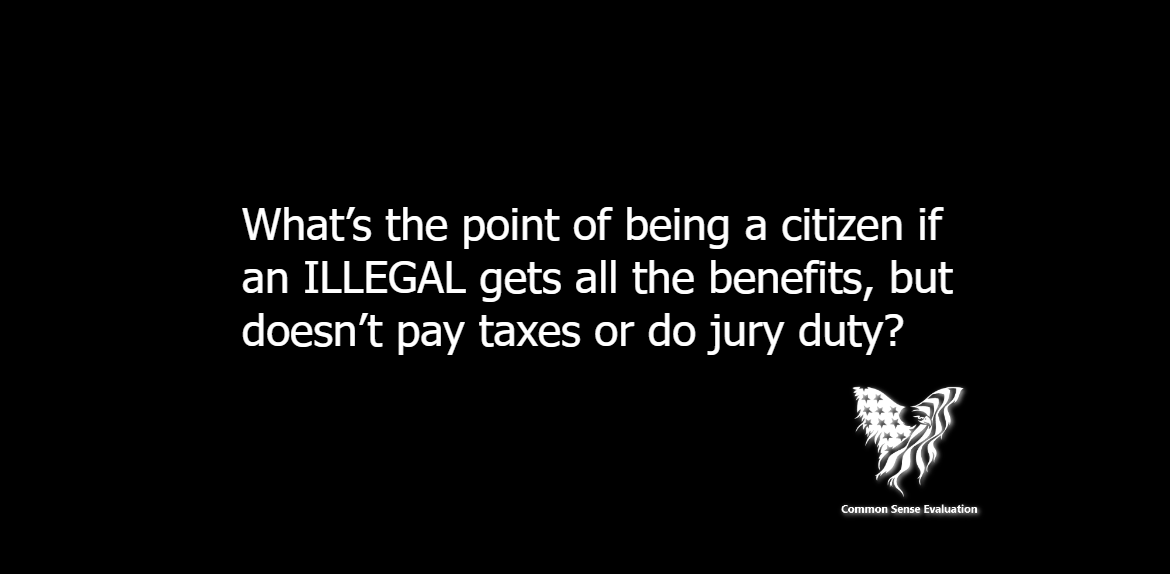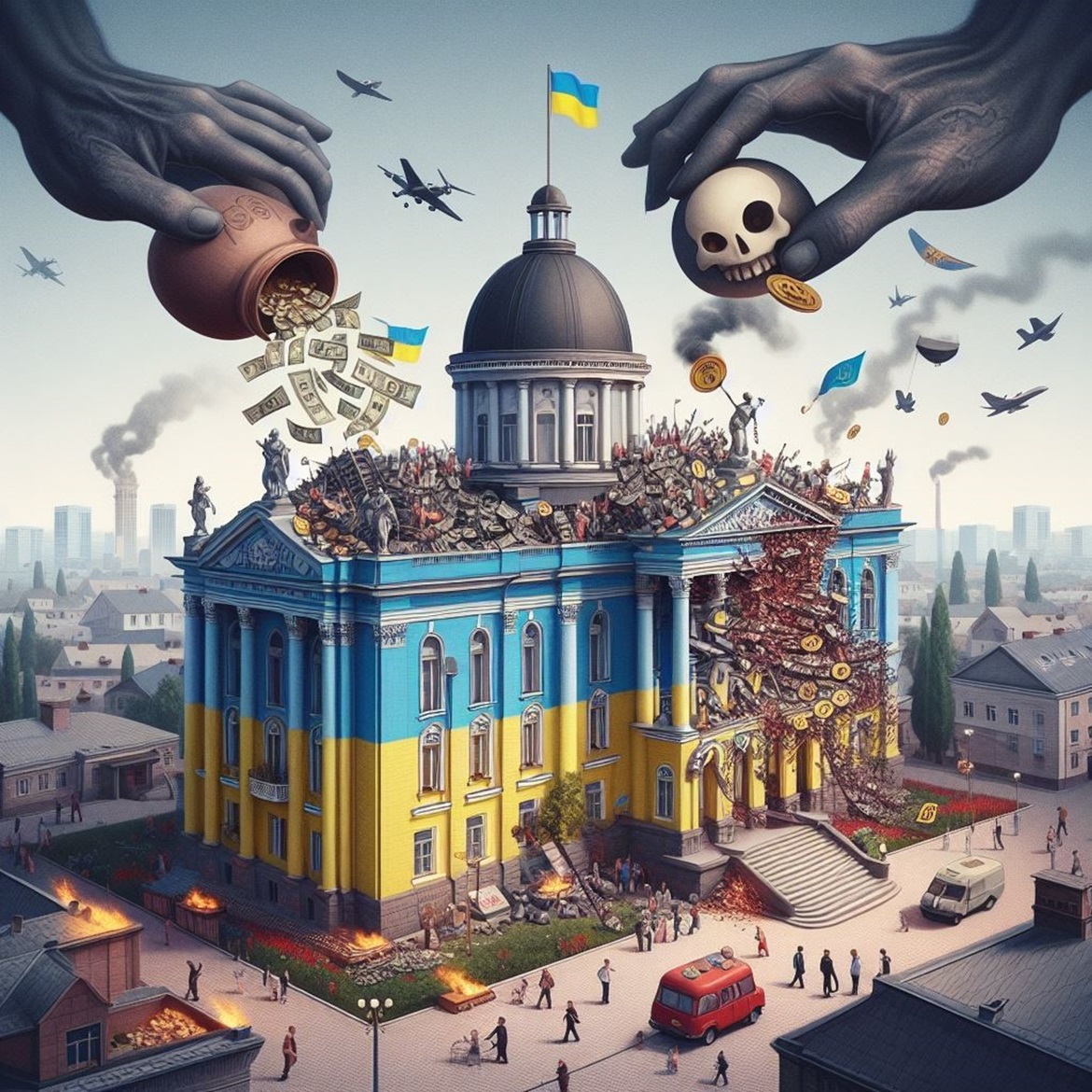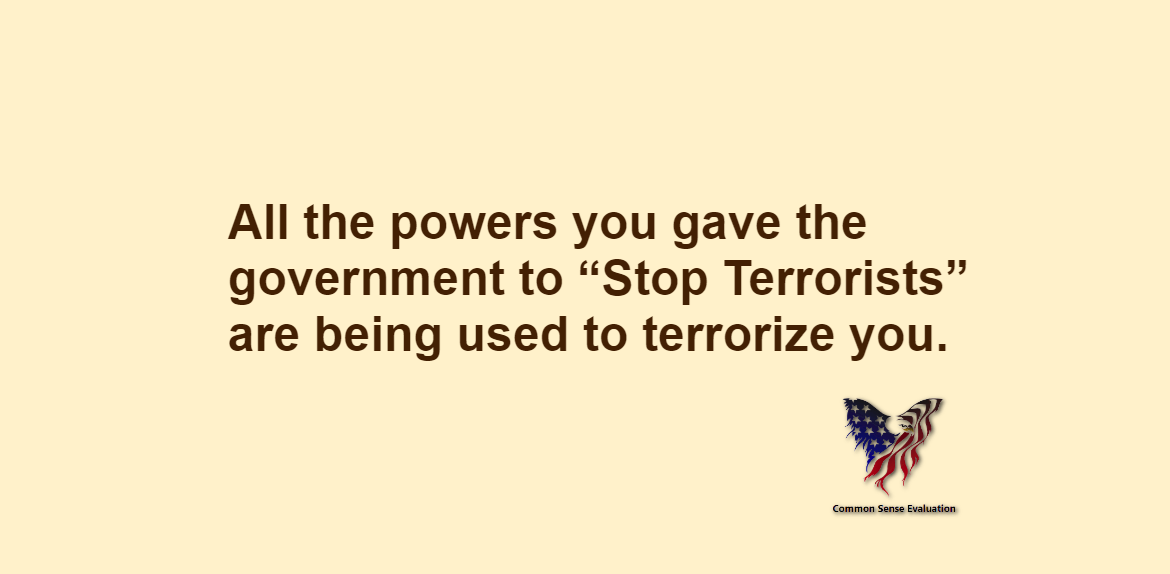The only threat Donald Trump represents is to the power held by evil people, who are now living in fear of having that power stripped away from them and being made to face accountability and retribution for the evil they’ve committed.
Category: Political
Follow the Money: Corruption and Ukraine
As we delve into the murky world of corruption, Ukraine emerges as a prime example of how power and money can distort the best of intentions. The country has long been plagued by political and financial scandals, with billions of dollars in foreign aid disappearing without a trace. In this article, we will explore the history of corruption in Ukraine, focusing on the current leader, Volodymyr Zelenskyy, and the involvement of U.S. political figures. We will examine Zelenskyy’s net worth and multiple luxury homes as potential indicators of corruption. We will discuss why sending billions of dollars in foreign aid to Ukraine may not be the wisest decision due to the lack of transparency and accountability.
The History of Corruption in Ukraine
Corruption in Ukraine has been a persistent issue since the country gained independence from the Soviet Union in 1991. The country’s political and economic systems were built on a foundation of corruption, with bribery, cronyism, and embezzlement becoming the norm. The lack of transparency and accountability in the government allowed for widespread corruption to flourish, with politicians and businessmen enriching themselves at the expense of the Ukrainian people.
The Orange Revolution of 2004 was a turning point in Ukraine’s history, as it brought to light the extent of corruption within the government. The revolution was sparked by widespread allegations of electoral fraud, with then-President Viktor Yanukovych accused of rigging the election in his favor. The revolution led to the election of Viktor Yushchenko, who promised to tackle corruption and improve the country’s democratic institutions. However, despite some progress, corruption remained a significant issue in Ukraine, with the country consistently ranking low in global corruption rankings.
The Current Leader and His Alleged Corruption
The current leader of Ukraine is Volodymyr Zelenskyy, who was elected president in 2019 with a landslide victory of 73% of the vote. Zelenskyy is a former comedian and actor, who rose to fame with his TV show “Servant of the People,” where he played a teacher who becomes president after his anti-corruption rant goes viral. Zelenskyy ran on a platform of anti-corruption, anti-establishment, and pro-European integration, promising to end the war in the east, fight the oligarchs, and bring new faces and fresh ideas to politics.
However, after more than two years in office, Zelenskyy has failed to deliver on his promises and expectations. Instead of breaking the cycle of corruption, he has become part of it. Some allegations and evidence of his corruption are:
- His net worth is estimated to be between $20 million and $30 million, which is far more than what he earned as a comedian or declared as his income. He has not explained the source of his wealth or how he acquired it.
- He owns multiple luxury homes in Ukraine and abroad, including a mansion in Kyiv, a villa in Italy, and an apartment in London. He has not disclosed the value or ownership of these properties, or how he paid for them.
- He is linked to Ihor Kolomoisky, one of the most notorious oligarchs in Ukraine, who is accused of embezzling billions of dollars from PrivatBank, the largest bank in the country, which was nationalized in 2016. Kolomoisky was the owner of the TV channel that aired Zelenskyy’s show and supported his presidential campaign. Zelenskyy has appointed several of Kolomoisky’s associates to key positions in his administration, and has resisted the efforts of the International Monetary Fund (IMF) and the United States to recover the stolen funds and bring Kolomoisky to justice.
- He has interfered with the work of the anti-corruption agencies and the judiciary, which are supposed to be independent and impartial. He has dismissed, replaced, or pressured the heads of the National Anti-Corruption Bureau, the Specialized Anti-Corruption Prosecutor’s Office, and the Constitutional Court, who were investigating or ruling on cases involving him, his allies, or his opponents.
- He has used his power to benefit his friends and family, who have gained access to lucrative contracts, positions, and privileges from the state. For example, his childhood friend and former lawyer, Andriy Yermak, is his chief of staff and one of the most influential figures in his administration. Yermak’s brother, Denys, is the deputy head of the Security Service of Ukraine, the main intelligence agency in the country. Yermak’s son, Oleksandr, is a member of parliament from Zelenskyy’s party and the head of the parliamentary committee on law enforcement.
The involvement of U.S. Political Figures
U.S. political figures have also been implicated in the corruption scandals surrounding Ukraine. One notable example is former Vice President Joe Biden, who has been accused of using his influence to help his son, Hunter Biden, secure a lucrative position on the board of a Ukrainian energy company. Biden allegedly threatened to withhold $1 billion in U.S. loan guarantees unless the Ukrainian government removed a prosecutor who was investigating the company.
Another example is former Secretary of State Hillary Clinton, who was accused of using her position to secure favorable business deals for her family’s foundation. Clinton allegedly approved the sale of a uranium company with ties to Russia, despite concerns about potential conflicts of interest. In return, the company donated millions of dollars to the Clinton Foundation, raising questions about the influence of money in politics.
Why Sending Billions in Foreign Aid is a Bad Idea
Despite the rampant corruption in Ukraine, the United States has continued to send billions of dollars in foreign aid to the country. In 2020 alone, the U.S. provided $400 million in aid to Ukraine, with much of it going towards military and security assistance. However, without proper oversight and accountability measures, there is no guarantee that this aid will be used effectively or reach its intended recipients.
The lack of an audit trail in Ukraine makes it difficult to track the flow of funds and ensure that they are being used for their intended purposes. This has led to concerns that U.S. taxpayer dollars may be going towards corrupt politicians and businessmen, rather than supporting the Ukrainian people.
Conclusion
The history of corruption in Ukraine is a cautionary tale about the dangers of unchecked power and the importance of transparency and accountability in government. Despite the election of a new leader, Volodymyr Zelenskyy, who promised to tackle corruption, the country continues to struggle with political and financial scandals. The involvement of U.S. political figures in these scandals only serves to highlight the global nature of corruption and the need for greater oversight and accountability in all aspects of government. Until these issues are addressed, sending billions of dollars in foreign aid to Ukraine may not be the best use of resources, as there is no guarantee that the money will be used effectively or reach its intended recipients.




